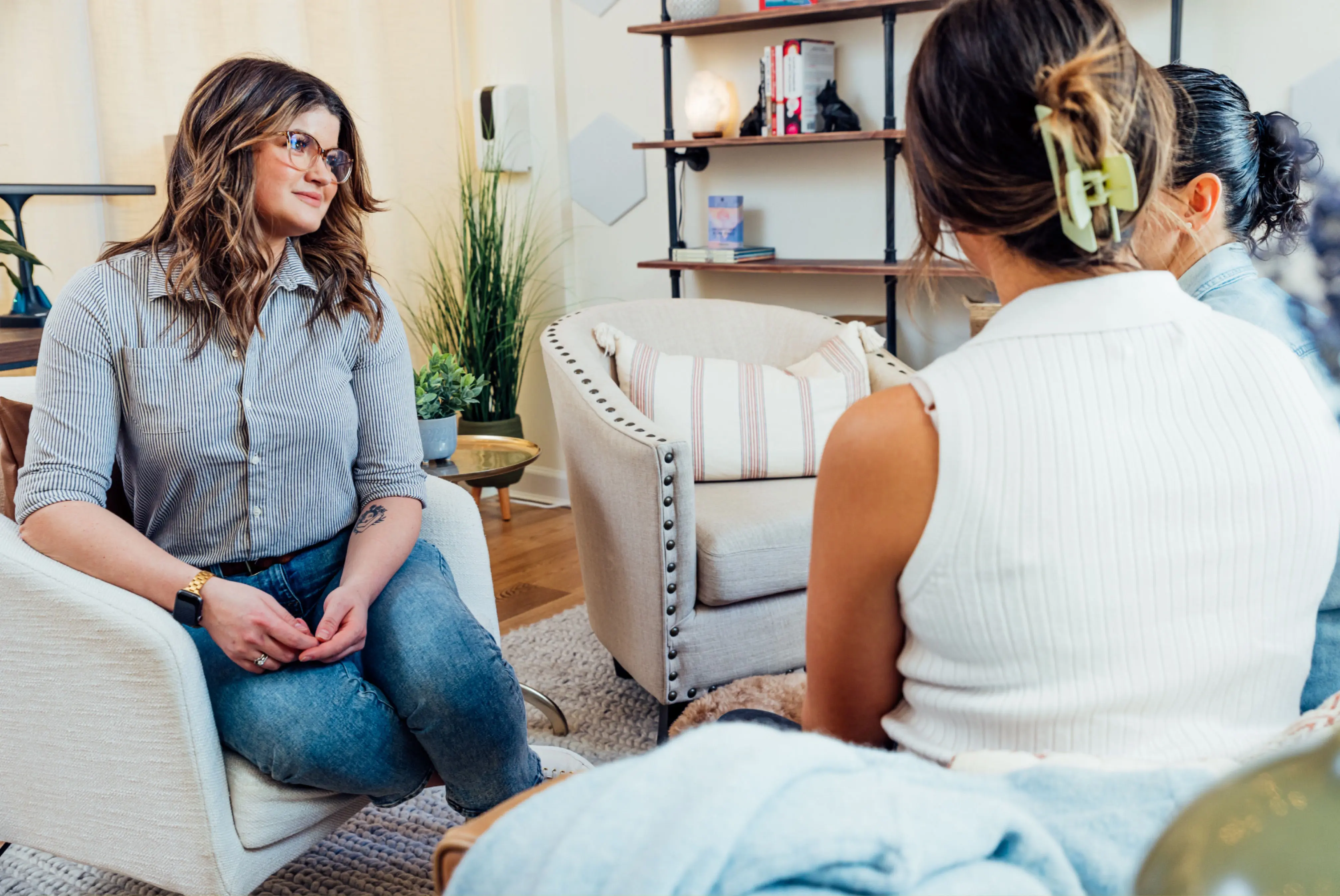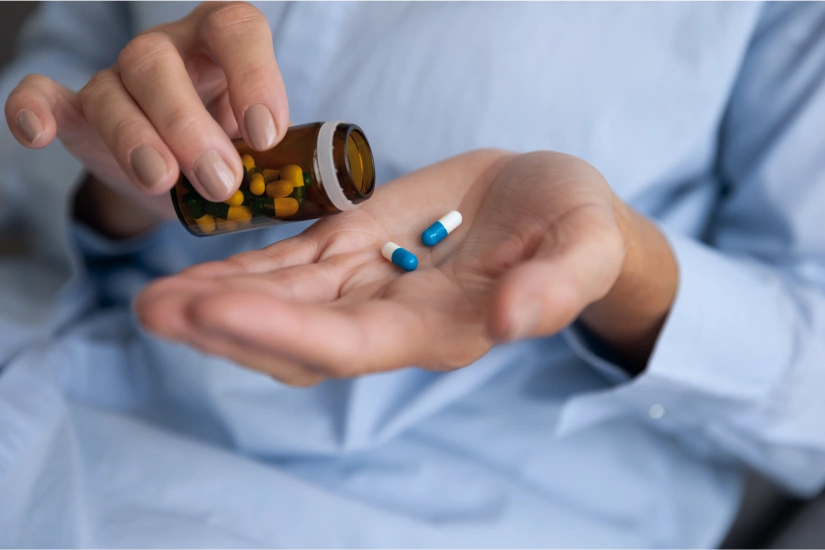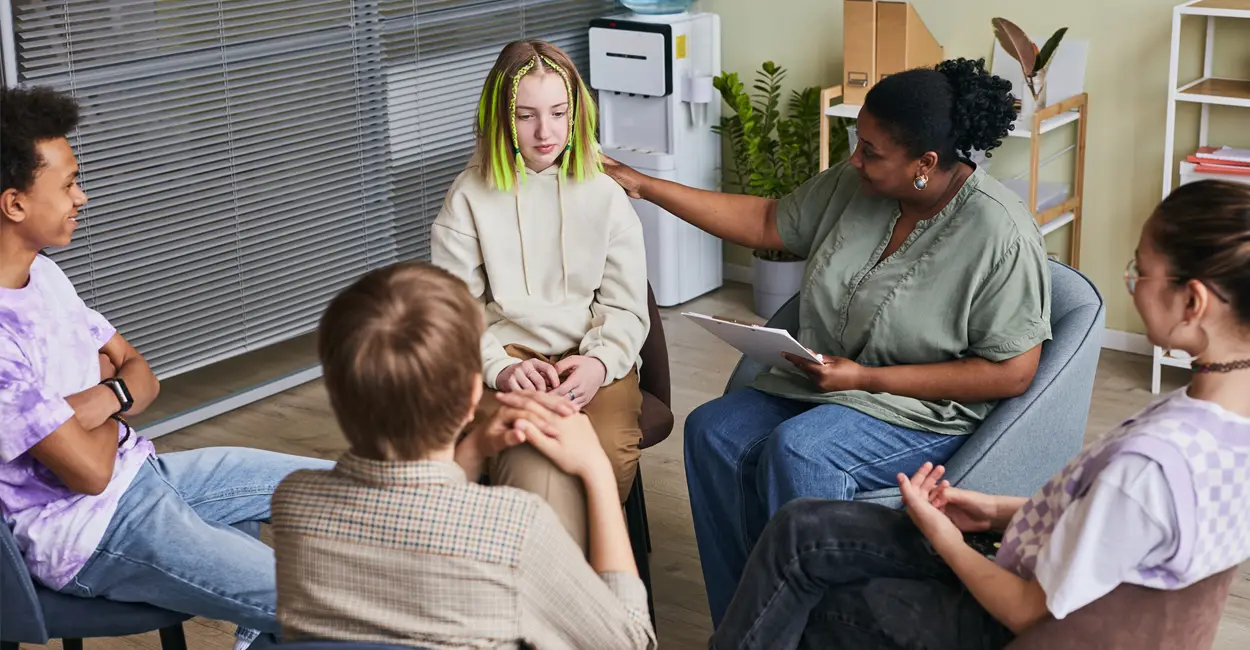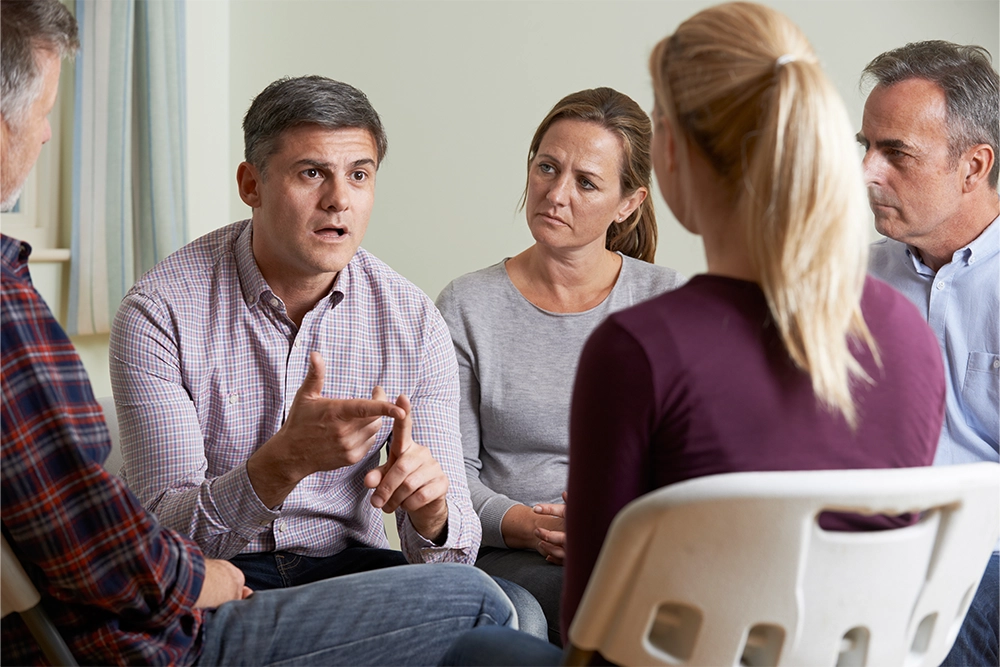24/7 Helpline:
(866) 899-221924/7 Helpline:
(866) 899-2219
Learn more about Klonopin Rehab centers in Prineville
Klonopin Rehab in Other Cities

Other Categories
Other Insurance Options

BlueCross

Health Partners

Coventry Health Care

PHCS Network

ComPsych

Lucent

State Farm

WellPoint

Absolute Total Care

BHS | Behavioral Health Systems

WellCare Health Plans

Private insurance

CareSource

Carleon

Self-pay options

CareFirst

Ceridian
Beacon

Evernorth

Providence

Rimrock Trails Adolescent Treatment Services
Rimrock Trails Adolescent Treatment Services is a non-profit rehab located in Prineville, OR. Rimroc...


Lutheran Community Services – Central Oregon Office
Lutheran Community Services - Central Oregon Office is a non-proft rehab located in Prineville, OR. ...

Choices Recovery Services
Choices Recovery Services offers honest, down to earth counseling for addicts and alcoholics who wan...

G F Enterprises Counseling Services
G F Enterprises Counseling Services is a private rehab located in Prineville, Oregon. G F Enterprise...

BestCare – Prineville
BestCare – Prineville is a non-profit rehab located in Prineville, Oregon. BestCare – Prineville spe...




























































West Centers
West Centers is a private rehab located in Post, Texas. West Centers specializes in the treatment of...

AA – Alcoholics Anonymous
AA – Alcoholics Anonymous is a non-profit rehab located in Post, Texas. AA – Alcoholics Anonymous sp...














